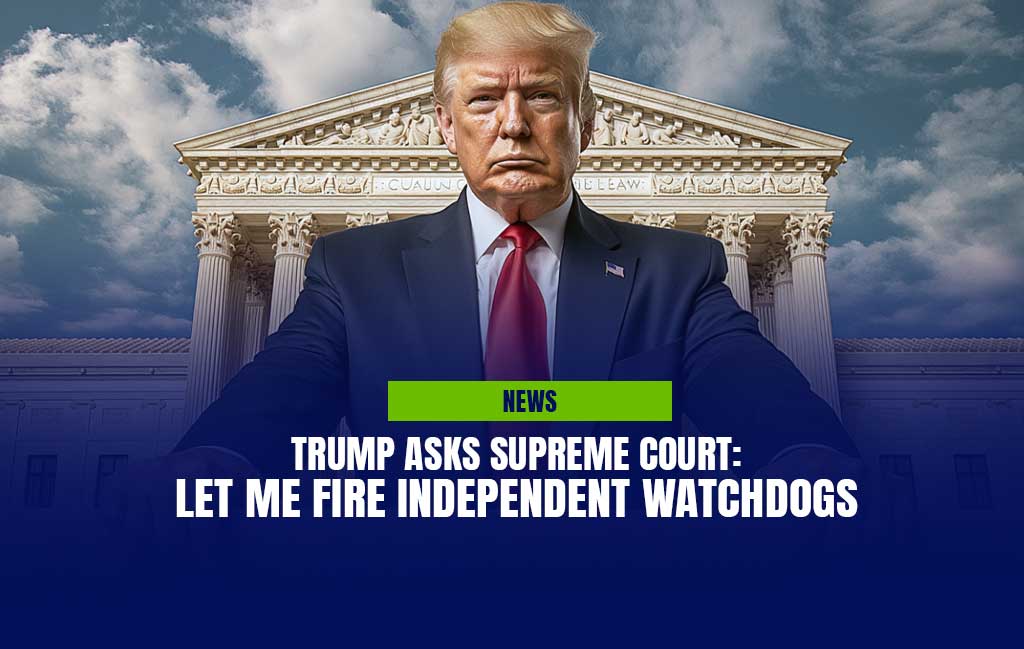Trump Asks Supreme Court to Allow Him to Fire Independent Labor Board Members
The Trump administration has filed an emergency appeal with the U.S. Supreme Court, seeking to remove members from two independent federal labor agencies. This comes after an appeals court temporarily reinstated Gwynne Wilcox of the National Labor Relations Board (NLRB) and Cathy Harris, chair of the Merit Systems Protection Board (MSPB), who were previously removed by the administration.
Solicitor General D. John Sauer, representing the Trump administration, argued in the filing, “The president should not be forced to delegate his executive power to agency heads who oppose the administration’s policy objectives for even a single day – let alone the months it could take for the courts to resolve this.”
The case revolves around the president’s authority to remove officials from the executive branch who are protected from dismissal by Congress, except for reasons like inefficiency or misconduct. The issue at hand is whether the president has the power to dismiss these officials based solely on disagreement with their decisions. The conservative-leaning Supreme Court has recently leaned toward expanding presidential control over independent agencies.
Sauer further emphasized, “This case raises a constitutional question of profound importance: can the president control agency heads who wield significant executive power, or can Congress insulate these heads from presidential control by preventing their removal?”
A panel of the D.C. Circuit Court of Appeals initially sided with the Trump administration, but the full court later voted 7-4 to reinstate the board members, restoring a quorum at the NLRB and MSPB. This allowed both agencies to resume full operations, particularly in handling federal employment disputes. These agencies are critical in countering the administration’s efforts to downsize the federal workforce.
Notably, all seven judges who supported reinstating the officials were appointed by Democratic presidents, while the four dissenting judges were appointed by Republicans.
The case raises significant constitutional issues regarding the president’s power over independent agencies and the role of Congress in limiting that power.


